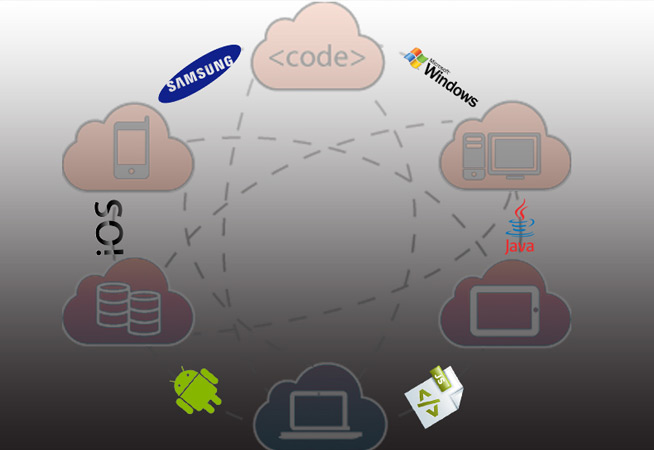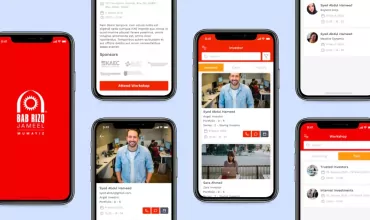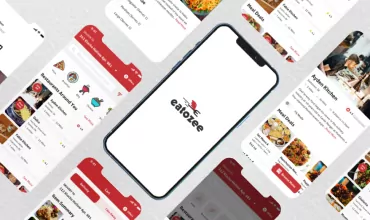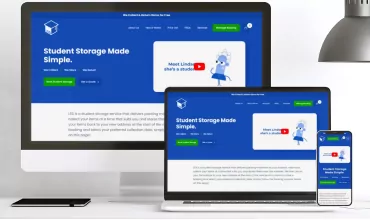Application Development – The winners and losers of 2013

Table of Contents
The year 2013 saw the rise and fall of products, devices and trends on the technology frontier. The software development landscape was no exception to this. Just as new products and devices came and went, the various technologies fought it out this year. Some of them emerged victorious while others have barely managed to drift along.

Technologies like JavaScript aced the list – practically becoming the mainstream to developing quality products. On the other hand, Java seems to have lost momentum. Then there were the clashes of the operating systems with Samsung chaperoning for its own platform in Android, and iOS and Windows doing their part. The year 2013 was also the year of API technologies that generated a lot of flurry in the software development world. Even technologies like Cloud Computing and Platform-as-a-Service (Paas) saw a sudden boom and opened up several new avenues for entrepreneurs and enterprises.
In the meanwhile, technologies like .Net and Java saw a major slump, especially when it came to mobile platforms. Though they are no longer a part of the mainstream development technologies, they would continue to hold prominence in the coming year and for many years to come.
JavaScript seems to be the order of the day
JavaScript has been around for a while now, but it only recently turned into a cornerstone of development frameworks. Frameworks like Famo.us, Meteor and Angular.js have Javascript in its core. The scripting language has been on Web clients, mobile development and on the server through Node.js
Popular mobile platform Appcelerator surveys show that its customers (developers) prefer JavaScript over Java, Ruby, C#, C++ or Objective – C. This is so because the language provides a single code base through which developers can work on multiple platforms.
Samsung leveraging Android to set itself a class apart
Evidently Samsung wants to build a stand by setting itself a class apart from other Android vendors. It has developed a series of services like the Knox security, Chord instant messaging, entertainment management as well as other hardware features. Hardware to support pen and other non-touch-based gestures are truly commendable. This has impacted the software industry wherein the Company requires developers to write specifically to cater to their products. Samsung has brought out a set of Samsung-specific apps that require its mobile SDK. Though other companies like Motorola and Verizon had tried their hand at a similar strategy and failed; the year 2014, could see Samsung successfully pulling it off.
APIs have their own advantages
The year 2013 saw several companies and vendors actively using APIs to improve their revenues. Whether it’s shopping sites like Amazon, payment integration through PayPal or government agencies; APIs have taken the centre stage. Mobile applications and cloud computing have become the driving force for APIs, which have now become the new Service-Oriented-Architecture (SOA). Also, on the enterprise front, private APIs have taken the load off the IT department especially to implement cross-functional integrations.
Platform-as-a-Service
Though it’s not a new concept, this year saw significant traction in this field, mainly due to the growing popularity of Cloud computing and Cloud based services. Platforms like Amazon Web Services and Microsoft Windows Azure are PaaS services that developers built applications. These applications were deployed on cloud environment, which is already equipped with specific tools and language capabilities.
Java and Microsoft.Net lagged behind!
Throughout 2013, developers around the world focused on Android and iOS development. Nevertheless, .Net and Java continued to be key platforms for developers but in a more subtle manner. Java still remained crucial for developer catering to the Android platform via the Dalvik virtual machine. There have been no new releases to Java this year other than the Java EE 7. The Java SE 8 is due to be released early in 2014.
Whereas .Net offered improved application lifecycle management, web development and code editing capabilities even on the Windows Azure. But the ongoing iOS vs Android competition has left .Net quite out of the mobile app development race.
Overall it has been a mobile first year, with entrepreneurs and enterprises focusing on client engagement. This trend has had its impact on the software development sector with platforms like iOS, JavaScript and Android outdoing legacy pioneers like Microsoft.Net and Java.



